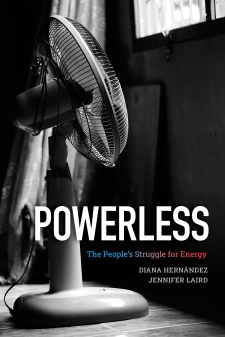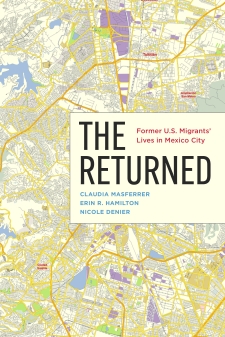The Spillover Effects of 287(g) Agreements on State Trooper Policing
Authorized by Congress in 1996 as part of the Illegal Immigration Reform and Immigrant Responsibility Act, 287(g) agreements authorize local enforcement agencies (LEAs) to carry out federal immigration enforcement functions. There are two main models. Under the Jail Enforcement Officer model, enforcement occurs at the jail, after individuals have been arrested by the LEA for non-immigration criminal offenses. JEO deputies are authorized to interview these individuals about their immigration status and to hold them in jail beyond the time that they would ordinarily be released, giving Immigration and Customs Enforcement (ICE) more time to place them in removal proceedings, and to transport detainees to ICE facilities. Under the Task Force Officer model (TFO), deputized officers have the additional authority to question individuals not under criminal arrest about their immigration status and to make arrests for immigration offenses. A limited number of jurisdictions have employed a hybrid model.
Legal scholar Huyen Pham and economist Van Pham will examine the extent to which 287(g) agreements affect state trooper policing behavior. State trooper agencies are not signatories to the 287(g) agreements and thus any observed changes in the behavior of state troopers would be considered a spillover. The analysis will examine 158 counties in 19 states that have engaged in 287(g) agreements and that also have data on state trooper traffic stops.





